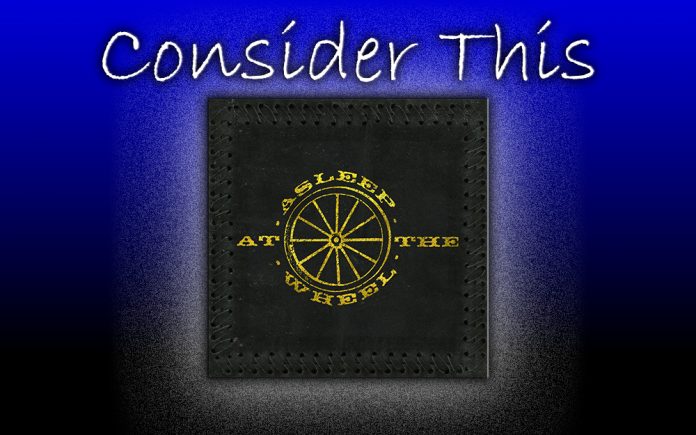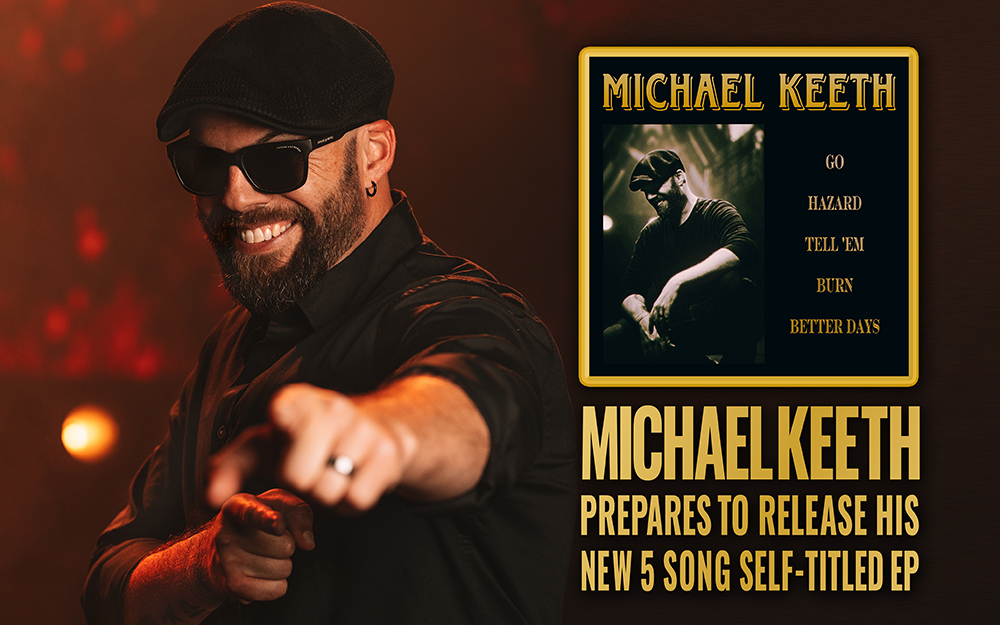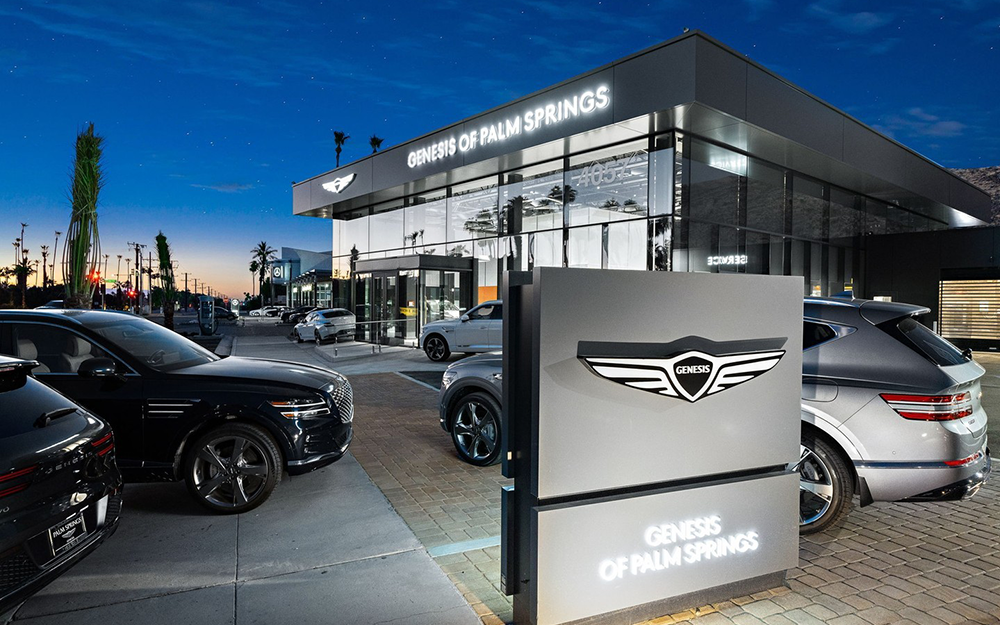
By Eleni P. Austin
“You never, never, never, never know how much I love you, true love is hard to quantify, cos the time I love you best is when you’re east and I am west and the time that I love you most is when you’re on the other coast”
That’s Asleep At The Wheel practicing some serious social distance lovin’ on “I Love You Most Of All (When You’re Not Here),” a song off their brand new album. If you aren’t familiar with the legendary Texas band, well, you have about five decades’ worth of amazing music to catch up with.
Waaaaaayyyyy back in 1970, Ray Benson, Lucky Oceans (ne’ Rueben Gosfield) and Leroy Preston started the band in Paw, Paw West Virginia. Psychedelia, Prog Rock, Motown, Stax-Volt and sensitive singer-songwriter songs ruled the airwaves, but these guys had something different in mind. So, they whipped up a potent combo-platter of Country Blues, Honky-Tonk, Western Swing, Jazz, Big Band and Country Western Soul. Their hope was their original songs could stack up next to legends like Hank Williams, Sr., Cindy Walker and Willie Nelson. The addition of vocalist Chris O’Connor added a little distaff kick to their sound.
Surprisingly, the Woodstock generation seemed to embrace their slightly twisted vision, and soon enough they were opening for the likes of Alice Cooper and Hot Tuna. Commander Cody convinced the band to relocate to Oakland, and they began to distinguish themselves in the fertile Bay Area music scene. Van Morrison name-checked AATW in a Rolling Stone interview, and suddenly they were offered a deal from United Artists Records.
Pulling up stakes a final time, they moved to Austin, Texas at the behest of their hero and new pal, Willie Nelson. They cycled through a couple of different labels, Epic, and then Capitol, before finally scoring a bona fide hit in 1974: “The Letter Johnnie Walker Read.” Three years later, they were voted Best Country Band by Rolling Stone and followed that accolade by hitting the road with Emmylou Harris.
Throughout the ‘70s they cultivated a passionate fan base, but the ‘80s was a turbulent time for the band. First Lucky left the fold, then a pregnant Chris O’Connor bowed out for a bit. The band accumulated some debt, but worked it down. The ‘90s saw more line-up changes, but the band persevered and as the 20th century wound down, they released Ride With Bob via Dreamworks Records. Although it was their second tribute to Western Swing King Bob Wills & His Texas Playboys, on this outing they enlisted some famous pals (and fellow Bob Wills fanatics), like Willie Nelson, Merle Haggard, Dwight Yoakam and Lyle Lovett. They also corralled up-and-comers like the Dixie Chicks and Lee Ann Womack and even some Rock acts like Shawn Colvin and Squirrel Nut Zippers. A critical and commercial success, the album reached #24 on the Country charts and received seven Grammy nominations (it won three awards). The next year they were invited to open Bob Dylan and later, George Strait.
In the last 20 years, the band has continued to tour and record. All told, they’ve released around 24 studio albums and won nine Grammy Awards. The line-up has ebbed and flowed, but Ray Benson has remained through thick and thin. As their 50th anniversary was approaching, he gathered current and original members together to celebrate the milestone. Of course, the pandemic derailed most of their 2020 plans. Ray actually contracted the Corona Virus, but he lived to tell the tale. Now Asleep At The Wheel and some very special guests are back with their 25th effort, Half A Hundred Years.
The album kicks into gear with the title track. Lickety-split guitar, a wash of lap steel, fleet fiddle work, tensile bass lines and a syncopated horn section swing into action as Ray Benson offers a pocket history of the band; “The hills and dales tell many tales, I’ve heard them all my friend, With Willie we’ve been back and forth the road it never ends. from Bakersfield like Buck and Merle we’ve lived the hungry years, I tell ya friends, I’ve seen a lot in half a hundred years.” Much like Willie Nelson’s “On The Road Again,” the lyrics make few apologies for missing familial milestones, as the dream of making a livelihood as a working musician is too powerful; “I’ve watched the same sun burn the sand and melt the mountain snow, I’ve sailed the seas and felt the breeze that only sailors know, I’ve played for kings, seen many things that often bring a tear, you’ll see a lot if hang around for half a hundred years.” On the break, skittery, chicken-scratch guitar riffs sidle around brassy horns and sawing fiddles
Three tracks throw the spotlight on A.A.T.W. O.G., drummer and vocalist, Leroy Preston. “I Do What I Must” is a somber drunkard’s lament, nearly camouflaged by the buoyant melody and peppery arrangement. Red-hot Mariachi horns collide with sweeping, Grand Ole Opry-style strings, along with prickly electric guitar, sparkly piano runs and some lonesome lap steel. A former life-of-the-party chronicles his dipsomaniacal descent; “Now my days drag on much longer, so the nights seem shortened down, I spend a lot of time these days drinking about the town…I had a love but she left me, I had a house that’s been sold, I sometimes work for a dollar to stay out of the cold.” Jittery, delirium tremens guitar spins wildly out of control on the outro.
“The Photo” is another sad-sack sob story anchored by celestial fiddles, wily bass lines, stinging guitars, weepy lap steel and a giddy-up backbeat. It’s another somebody-done-somebody-wrong song, the memories are just too fresh; “A snapshot from our love life watches me here all alone, so I’m taking down the photo, now the walls are bare as stone.”
Meanwhile, “Paycheck To Paycheck” executes a stylistic 180 and sticks the landing. Jazzy piano notes and smoky harmonica lattice over upright bass, loose-limbed guitars and a slow-as-molasses groove. The laissez faire melody is juxtaposed by bleak lyrics that speak to economic disparity and the country’s never-ending epidemic: underemployment; “It makes for real hard livin’ you feel like you’ve been robbed, livin’ paycheck to paycheck, without any job.” A languid and elegant guitar solo unfurls on the break, bookended by imperious piano filigrees.
Chris O’Connor is front and center for three songs. “That’s How I Remember It” is a Soulful torch and twang that is enveloped by slinky guitars, roiling piano, a creamy string section, curvy horns, churchy Hammond B3 and a snappy backbeat. Her mien here is halfway between June Christy and Patsy Cline, as she unpacks a broken romance; “We shared a story all our own, and passion we had never known and pain that cut right to the bone, that’s how I remember it.” On the break, mournful horns and plucky strings underscore her ache.
If Ella Fitzgerald were fronting the Our Gang’s zippy International Submarine Band, it might sound something like “It’s The Same Old South.” An expansive, Western Swing bounce that’s powered by Jitterbuggy horns, swooping fiddles, shaded lap steel, and boogie-woogie piano. Pointed lyrics astutely illustrate that the more things change, the more they stay the same down South; “Honey, shut my mouth, while the bloodhounds that once chased Liza, chased a poor CIO organizer, it’s the same old South.”
“My Little Baby” offers the wickedly funny saga of a housewife on a mission to reclaim her wandering spouse. Flinty fiddles, searing lap steel, jangly guitars and a slipstitch rhythm manage to accentuate her powers of persuasion; “If my little darlin’ won’t stay all night, I’m gonna shower, I’m gonna curl my hair, I’m gonna squeeze myself into that red size 5 he’s been beggin’ me to wear, just in case, I’ll put my handcuffs in my purse/If my little baby still walks this universe, I ain’t gonna cry all night, like a girl done wrong in a Country song, I ain’t gonna lose no sleep, feeling just because he’s gone, I’ll let the big boys talk, Smith, Wesson, De Le Renta, now where did I put them a-nylon hose, if I could just remember, my little baby won’t have a snow-ball’s chance/I’m going to show him, I’m going to knock him out, after runnin’ scared he’s going to wonder what the running was all about, well, just in case, I’ll put a chainsaw in my purse, Mmmhmm, if my little baby still walks this universe.”
Ray has his say, duetting with Lyle Lovett on “There You Go Again.” The pair trade verses on this Dixieland ramble that means to put a sham socialite in her place; “There you go again, red lipstick and the dyed blonde hair, sayin’ ‘hi,’ with a dramatic flair, off to Europe on a wing and a prayer.”
Resurrecting AATW’s first bona fide hit single, “The Letter That Johnny Walker Read,” Ray partners with Lee Ann Womack on this tart Texas Two-Step. Lyrics paint a vivid portrait of a checked-out husband and father deep in his cups, “too drunk to care.” Fluttery fiddle, along with shivery lap steel, plunking piano, braided acoustic riffs and brisk electric licks are tethered to a clip-clop gait.
Meanwhile, “Bump Bounce Boogie” is the album’s showstopper, landing somewhere between Slim & Slam’s “Flat Foot Floogie” and a souped-up Hank Thompson and His Brazos Valley Boys, with a soupcon of Andrews Sisters. Ray, Chris O’Connell, Katie Shore and Elizabeth McQueen share vocal duties atop barrelhouse piano, an aerodynamic horn section, thumpity bass and swinging backbeat. On the break, a sleek guitar solo darts in and out of the mix.
Finally, Lucky Oceans fully channels his inner-Louis Prima on the aforementioned “I Love You Most Of All (When You’re Not Here).” A rollicking Jump-Blues number, it concocts a heady brew of punchy horns, elastic guitars and hazy lap steel. A walloping beat punctuates each pithy declaration of long-haul lovin; “Whoa, they say absence makes the heart grow fonder, well with that in mind, I think it’s time to wander, when my heart fills with affection when we travel in opposite directions, but when we reunite, well, we’re sure to fuss and fight, Well, you never never, never, never, know how much I love you, as long as you stand next to me.”
The balance of the album involves a host of special guests and feels like a well-deserved victory lap for the band. Willie Nelson and George Straight immediately up the ante when the Wheel backs them on Bob Wills’ Western Swing classic, “Take Me Back To Tulsa.” Singer-songwriter Bill Kirchen guides the band through a fiddle-tastic version of his and Dan Hicks’ woozy and loquacious “Word To The Wise.” Then Ray, Leroy Preston and Johnny Nicholas add some finger-poppin’ cool to the quintessential travelogue “(Get Your Kicks On) Route 66.”
Other interesting tracks include a gale-force instrumental entitled “The Wheel Boogie.” “Spanish Two-Step” is a shimmery South Of The Border charmer. Then there’s the down-home jambalaya of “Miles And Miles Of Texas, which pays homage to the wide open spaces of the Lonestar state.
The album winds down with the one-two punch of “Marie” and “The Road Will Hold Me Tonight.” The former is an old Irving Berlin standard first popularized by crooner Rudy Vallee.’ The Wheel recalibrates the original’s ornate arrangement, stripping it down to a spiky Texas Two-Step accented by slurring lap steel, fluttery fiddles, meandering piano, a whipcrack beat and featuring Willie Nelson’s trademark phrasing out front. The latter, written by Ray Benson, is a vocal roundelay between Ray, Willie and Emmylou Harris. This cracked Country Waltz is propelled by sturdy upright bass, playful piano, trembling strings, sinewy guitars and a chunky beat. The lyrics deftly reiterate the allure of life out on the road, comes at a personal cost; “The road will hold me tonight, full moon shines it light, one town down, no end in sight, the road will hole me tonight/The time is never right, to leave your love in flight, the pull of the road is so strong and so right, and the road will hold me tonight.”
Half A Hundred Years is flat-out fun. There’s an affection and camaraderie that shines through on every track. Ray Benson has kept it together all these years. By never bowing down to fads or resorting to some sort of musical botox or filler, the band has retained its youthful glow. Asleep At The Wheel looks good at 50.














